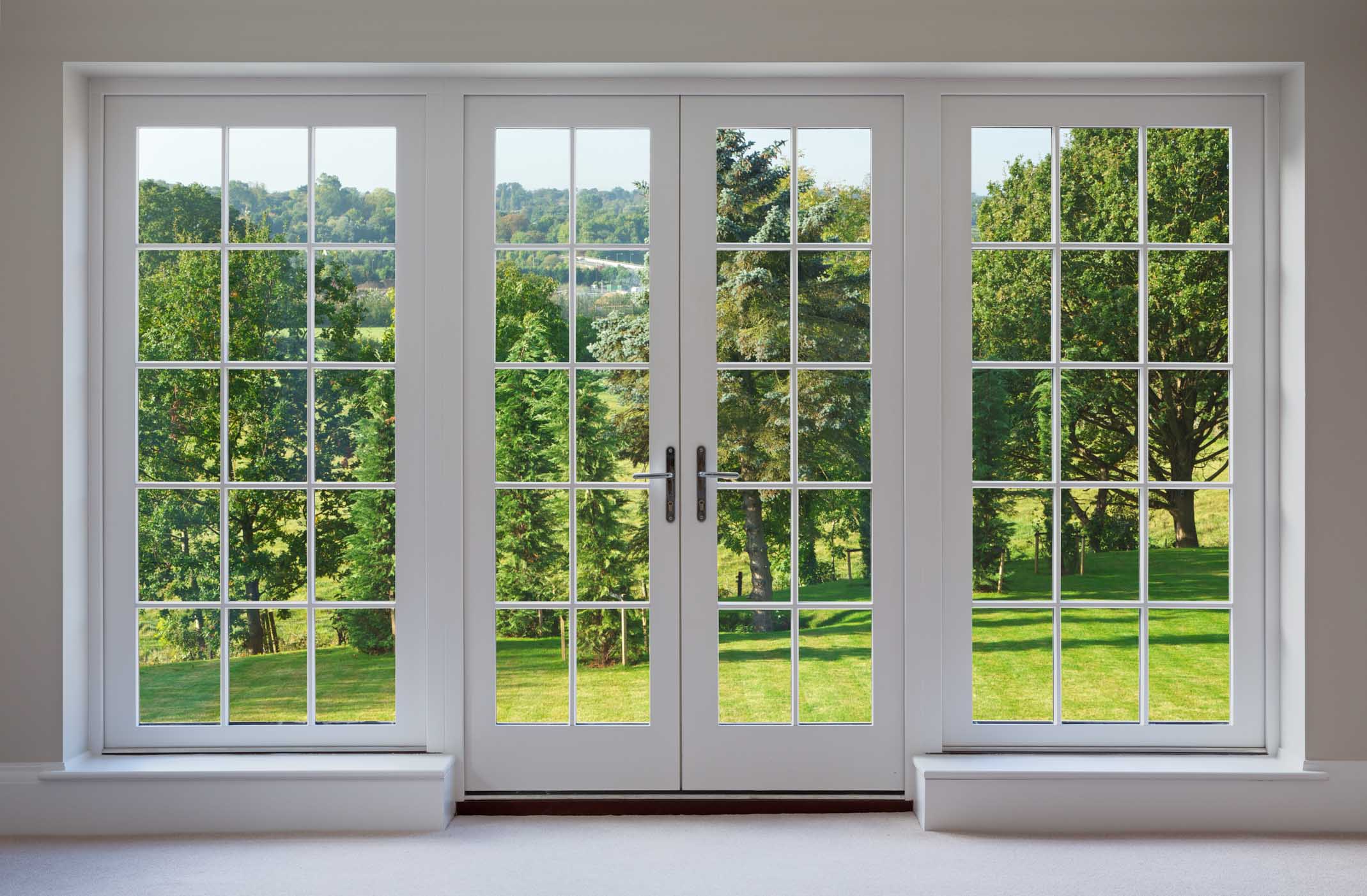All Categories
Featured
Table of Contents
Double Glazing Vs Triple Glazing For Windows (2023) in Bedford Western Australia
Laminated glass is often used in locations in the home most vulnerable to injury from human effect such as restrooms, doors, around staircases and in areas near the floor (it meets the requirements of 'shatterproof glass' that is mandated for use in these areas by Australian Standard AS 1288 Glass in buildings).
Toughened glass has been 'tempered' by being reheated and rapidly cooled once again. This process makes it much stronger than standard glass it can withstand greater impact loads before breaking. It likewise makes it much safer because, when it does shatter, it breaks into numerous small cubic pieces rather than unsafe shards.
Does Double Glazing Keep Heat Out in Ballajura WA
Toughened glass has no thermal or acoustic advantages over other glass of the same toning or density. Secondary glazing is where single-glazed windows are retrofitted with a transparent acrylic or glass sheet connected to the within the frame or openable sash with a secondary frame or with magnetic strips.


Secondary glazing will not perform too thermally as a manufactured IGU, because it is difficult to totally seal the border, however it can provide good noise control. Window films are a thin polymer movie including a taking in dye or reflective metal layer, with an adhesive backing. They adhere to your glazing to alter its colour or make it reflective.
Energy Efficient Windows: Choose The Best Option For Your ... in Cottesloe Western Australia
Applied to existing glass, some window films can cut in half the overall SHGC of the window by soaking up and/or showing solar radiation. This can be especially beneficial in hotter climates where cooling is the primary issue, or on east and west elevations straight exposed to long durations of sunlight. Window films may also lower visible light transmittance.

For this reason, it is generally best to use a certified installer of window movie. Frames have a significant influence on the thermal performance of windows and doors, because energy can be acquired and lost through the frame, as well as through the glass. Various kinds of frame will permit various levels of heat gain and loss, so mindful choice of frame is essential for reliable passive design.
Single Glazed Vs Double Glazed Windows - Ultimate Guide in Upper Swan WA
Aluminium is also an extremely excellent conductor of heat and will reduce the insulating worth of a glazing unit, unless particularly engineered to lower this. A 'thermally broken' frame is made up of 2 aluminium sections connected by a structural insulator (typically a low-conductivity structural polymer). This 'breaks' the thermal connection through the aluminium and reduces the heat flowing through the frame.
They can be pricey, however rates are decreasing as they end up being more typical. Timber frames are a great natural insulator that can suit some house styles. Lumber frames need to be made from types that have naturally high sturdiness or be treated to avoid decay and contortion. Examine that the timber is sourced from a sustainably handled forest.
Plastic Window Frames - Best Plastic Double Glazed ... in Embleton Perth
(weather removing) is set up.
u, PVC doors and windows have excellent thermal efficiency Picture: Ben Wrigley (Light Home Architecture and Science) Composite frames utilize aluminium profiles on the external sections with either a lumber or u, PVC inner section. These combine the low maintenance and resilience of aluminium with much improved thermal efficiency.
Table of Contents
Latest Posts
Single, Double Or Secondary Glazing, Which Is The Best ... in Leda WA
Double Glazed Windows Brisbane in Lockridge Western Australia
Double Glazing Vs. Triple Glazing: Which Is Worth It? in Palmyra Perth
More
Latest Posts
Single, Double Or Secondary Glazing, Which Is The Best ... in Leda WA
Double Glazed Windows Brisbane in Lockridge Western Australia
Double Glazing Vs. Triple Glazing: Which Is Worth It? in Palmyra Perth